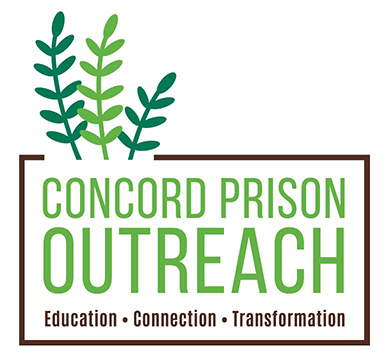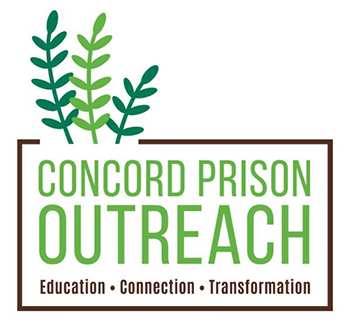Interview with CPO board member,
Aron Thiim
On April 25, Hannah Zack had the opportunity to interview CPO board member, Aron Thiim.
Hannah: How did you first get involved with CPO?
Aron: I first became involved from a posting on Indeed. I was looking for a new full-time position after working at Fenway Health for 2.5 years, and the main buzzwords in my job searches, like “public health” and “social justice,” pulled up the open board member position. While I wasn’t necessarily looking for a volunteer role, I was extremely happy to learn more about CPO’s mission and find that my public health expertise could contribute a great deal.
Hannah: What about CPO’s mission appealed to you?
Aron: Initially, I wasn’t drawn to the particular mission, but rather the dedication to marginalized individuals who face a great deal of stigma, yet have greater untapped potential. My background in addiction and HIV advocacy has allowed me to work with many people who are currently, or have been at some point in their life, justice-involved or incarcerated. However, I had never had an opportunity to do direct work in prisons or correctional facilities, and have an immediate impact on the inside.
Hannah: Are there synergies between CPO’s mission and your own work? If so, please describe.
Aron: Totally! There are so many intersecting aspects between CPO and my work in public health. Professionally, I am particularly interested in expanding healthcare access for under-resourced communities, with a focus on substance use disorders, HIV risk behaviors, sexual and gender minority health, and chronic homelessness.
Historically, social issues such as addiction, homelessness, and behavioral health illnesses have been relegated to the criminal justice system. We’ve turned our backs on rehabilitation and walk towards retribution with devastating consequences. But CPO is turning the other direction.

Hannah: Why is incarceration an important consideration in the field of public health?
Aron: Incarceration, specifically mass incarceration, is a public health crisis that threatens health equity. Formerly incarcerated folks pay a social penalty when they reenter society. They can be left with unequal opportunities to attain their full health potential, while being disadvantaged due to social position and socially determined circumstances. These gaps result in diminished candidacy for employment, revoked eligibility for assistance programs, and other lifelong barriers to economic security.
This rise of the New Jim Crow has led to higher rates of recidivism and vast racial disparities through the over-incarceration of people of color. Even in this moment, COVID-19 is providing a harrowing reminder as to why inequity in healthcare access harms us all. In order to improve the health of our communities, we must acknowledge the harm caused by this flawed system and work towards changing the narrative around prison reform.
Hannah: What has been your favorite CPO moment, to date?
Aron: I’ve deeply enjoyed learning from my fellow Board Members about their backgrounds and motivators for this work. I am impressed by how many lives we touch and how many unique individuals can come together towards this mission to help transform the lives of people in need.
Hannah: If you had to describe CPO to a colleague, what would you say?
Aron: CPO is an organization that is transforming, just like the folks we are dedicated to serving. Over the past year on the Board, I’ve noticed new changes, revamped policies and procedures as we move in a direction of growth. We are a group of individuals committed to improving justice, walking in solidarity alongside incarcerated people and their families, all while acknowledging that we’re changing too.

